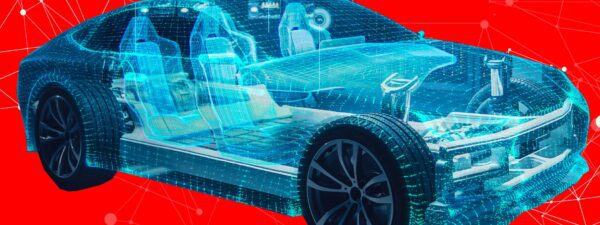On the wave of strong momentum around machine learning and AI this year, the OpenPOWER Foundation will put these technologies at the forefront to focus on continuing to foster the collaboration within the foundation to satisfy the performance demands of computing market.
The Developer Congress is supported by the newly formed OpenPOWER Machine Learning Work Group (OPMLWG), an addition to the OpenPOWER Foundation community. The new group — which includes Canonical, Cineca, Google and Mellanox, provides a forum for collaboration that will help define frameworks for the productive development and deployment of machine learning solutions using the IBM POWER architecture and OpenPOWER ecosystem technology.
As part of the ecosystem, the OPMLWG plays a crucial role in expanding the OpenPOWER mission. It focuses on addressing the challenges machine learning project developers are continuously facing by identifying use cases, defining requirements and extracting workflows, to better understand processes with similar needs and pain points.
The working group will also identify and develop technologies for the effective execution on machine learning applications by enabling hardware (HW), software (SW) and acceleration across the OpenPOWER ecosystem.
Developers will have the opportunity to learn and gain first-hand insights from the creators of some of the most advanced technology currently driving Deep Learning, AI and Machine Learning. Key themes will include Deep Learning, Machine Learning and Artificial Intelligence through GPU Acceleration and OpenACC; deploy a fully optimized and supported platform for machine learning with IBM’s PowerAI that supports machine learning frameworks such as Anaconda, Caffe, Chainer, TensorFlow and Theano; custom acceleration for AI through FPGAs; databases and data analytics; porting, optimization, developer tools and techniques; and firmware and OpenBMC.
All OpenPOWER Members can join and work on collecting and description of use cases; porting, tuning and optimization of important Open Source Library / Frameworks; creating a ML/DL Sandbox for quick start, including example use cases, data sets and tools; and recommending platform features for machine learning.
The OPMLWG group and Developer Congress come soon after the OpenPOWER Foundation surpassed a 300-member milestone, with large players joining the fold that have developed new processes and technologies based on the OpenPOWER architecture.
Some additions include Red Hat, which joined as a Platinum member and part of the board, adding open source leadership and expertise around community driven software innovation. Kinetica, offers a high-performance analytics database that harnesses the power of GPUs for unprecedented performance to ingest, explore and visualize data in motion and at rest. Bitfusion, provider of end to end application lifecycle management and developer automation for deep learning, AI and GPUs; and MapD Technologies, which offers a fast database and visual analytics platform that leverages the parallel processing power of GPUs.
“Open standards are a critical component of modern enterprise IT, and for OpenPOWER having a common set of guidelines for integration, implementation and enhanced IT security are key,” said Scott Herold, senior manager, Multi-Architecture product strategy Red Hat. “Red Hat is a strong proponent of open standards across the technology stack and we are pleased to work with the OpenPOWER Foundation’s various work groups in driving these standards to further enterprise choice as it relates to computing architecture.”



